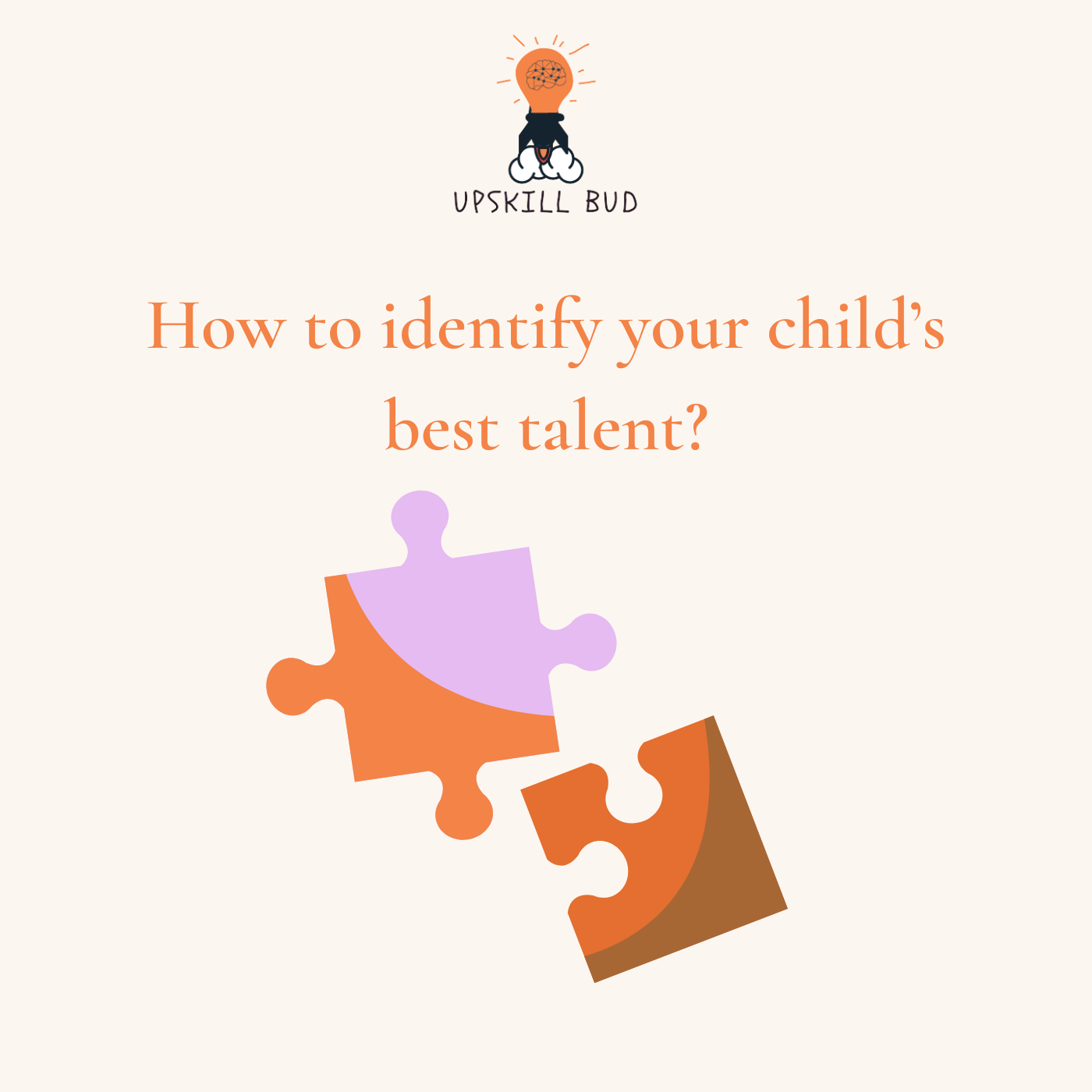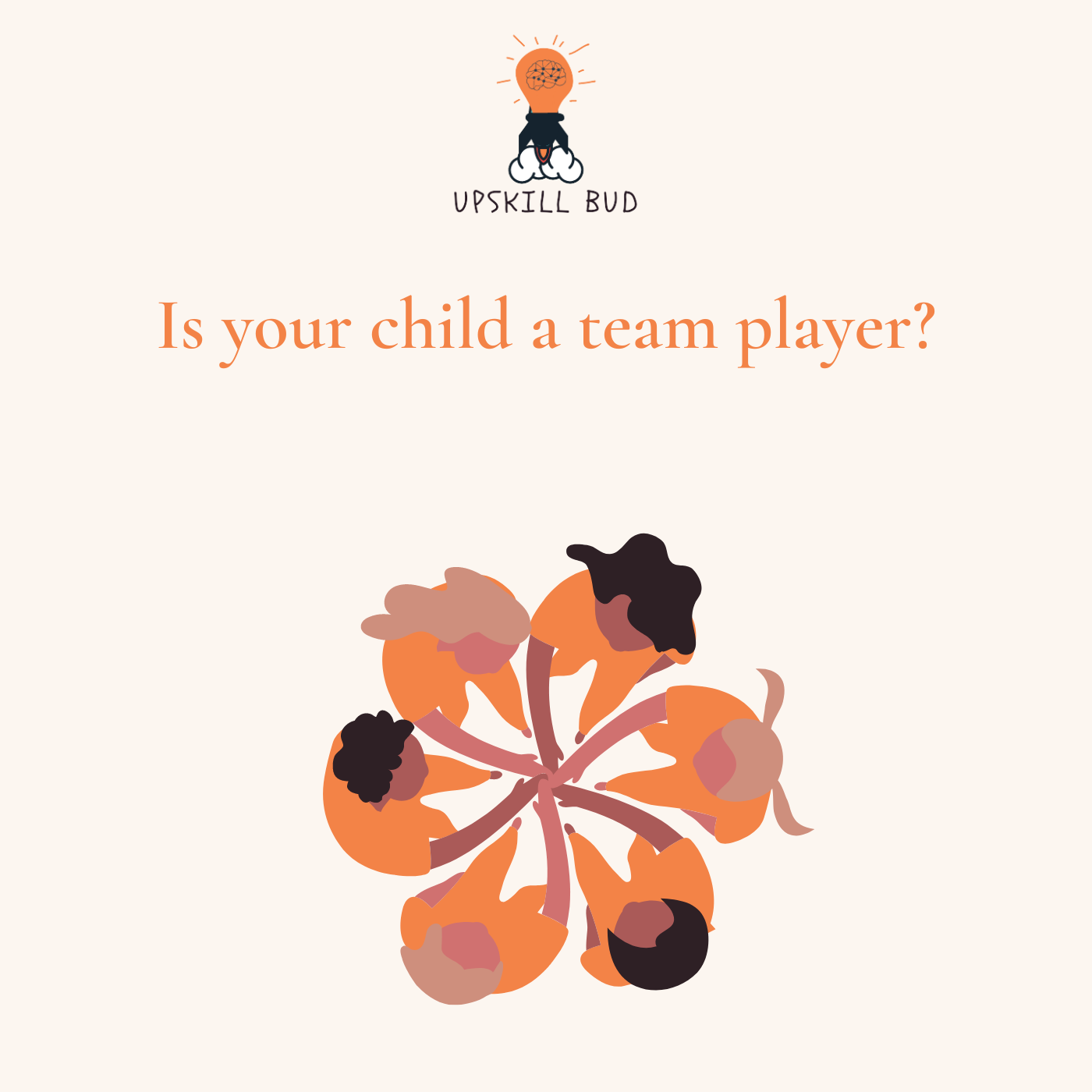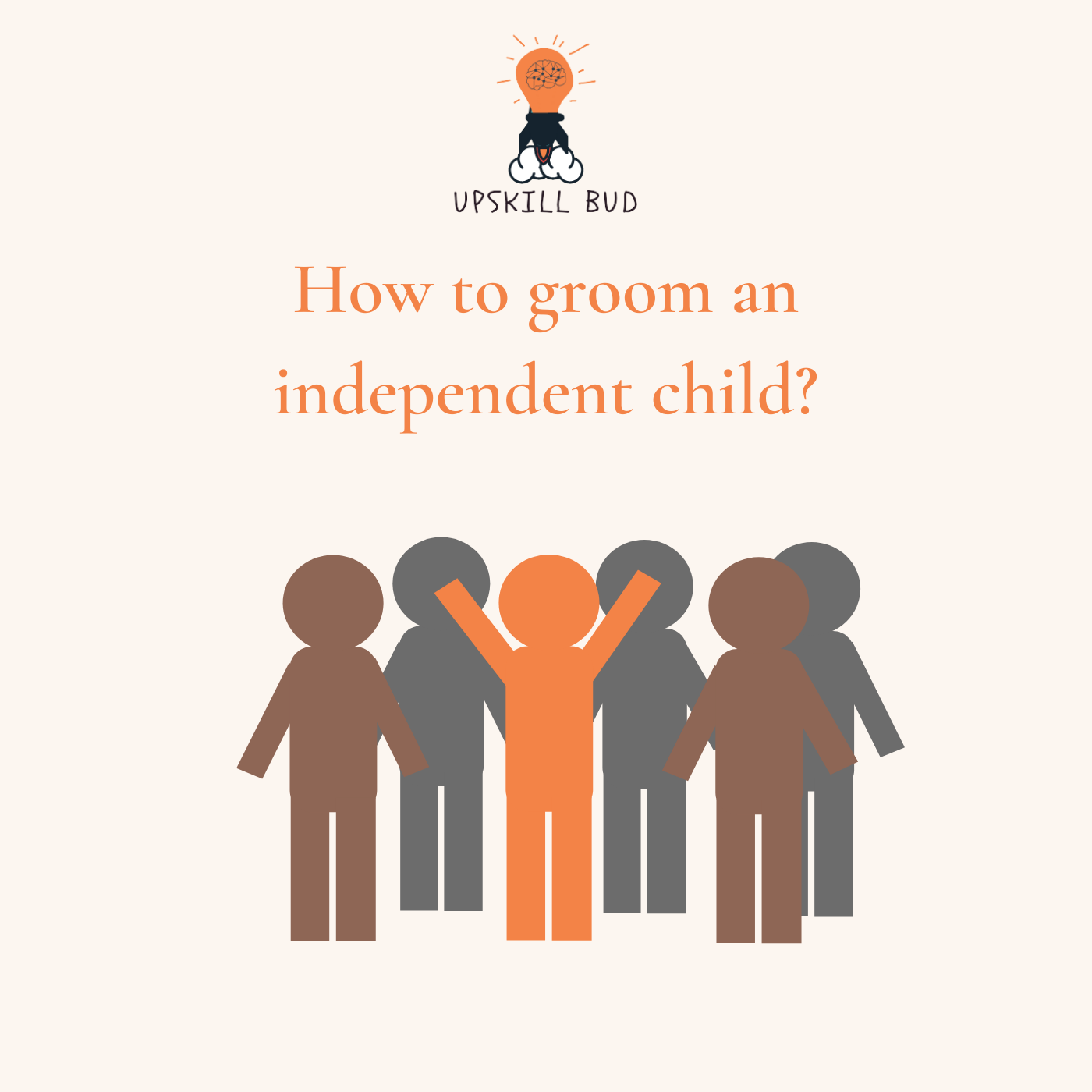
How to identify your child’s talent?

Raising kids is not an easy feat, there are new challenges every day, and with every situation, complicated emotions come into play and there is no set of instructions that work for all situations. Every child is unique and talented in his own way. As parents, we try and find the best possible solution to all the parenting problems that we face. One such problem is ‘How to identify your child’s talent and interest’.
We, as parents often wonder what would our kids do when they grow up. We try to find their abilities and give them the best of the support and guidance necessary to pursue their interests and passion. But often, we find it confusing to identify their interest and passion at a young age. So here, we have compiled some of the ways where you could observe and recognize their interests. These are not scientific methods, but include general observations and actions that parents can do, to support budding talents.
There are 3 main steps that help us to narrow down your child’s talent.
- Exploring your child’s talent and interest
- Learn about types of intelligence
- Evaluate abilities and intelligence
Let us look at each one of these points in detail.
How to explore a child’s talent and interest
Observe your child at play
The first step always starts at home. At whatever age might be, first start by observing them while at play. Doi not brush aside playtime. Don’t assume it is meaningless. Keep an eye on what kind of toys they play with, and what kind of games they love to play. Is it easy for them to make friends are they over-enthusiastic, are they shy, etc.;
Keep track of any interesting activities that they do, and also make a note of emotional moods, anger, happiness, and sadness. These could give great insight to understand their abilities. Use these pointers along with your observations in the next two activities to narrow down your child’s interests and activities.
Talk to your child
Talk to your child and ask them what interests them? They may not know exactly what they like, they might mention the activities some of the activities that their friends are doing. Here, you can start asking them questions based on your observations in the previous activity. Whatever you have observed during their play, you can ask questions about it. Some of the questions like “Why were you sad when you were playing with this toy. “I saw that you were very happy playing with your friend, what game were you playing?” These kinds of questions can further help you to narrow down their interests.
Sign up for extracurricular activities.
Based on your observations and deductions, also considering the discussions you had with your child, you can join them in extracurricular activities. You can also consider joining them for more than 1 activity. Do not push them to do more. Check their free time and interests and you can set aside some time for multiple extracurricular activities. Multiple activities help them narrow down what they like.
You need to give time to each of these activities. Make sure they have spent a considerable amount of time in the activity before they say NO. It takes time for the kids to accept the new routine, and then see if they are interested or not.
These are the first step you can do to identify your child’s interests. The following steps give you a view on further emotional and other abilities. Doing the following steps can give you deeper insights into your child’s mind.
What are the different types of intelligence?
Learn about theories about types of intelligence.
According to Harvard Psychologists, there are 8 types of intelligence.
- Visual-Spatial ability: Visual-Spatial type of intelligence is when the person has a good understanding of drawing maps, doodling, designing, etc;
- Interpersonal ability: Interpersonal ability is when the person has the ability to socialize and interact with people. These people have good oratory skills, and leadership qualities as well.
- Intrapersonal intelligence: Intrapersonal intelligence is when the person has a natural ability to understand, think and express himself or herself. These kinds of people mostly will be introverted and they will be good as creative writers and thinkers.
- Logical or mathematical thinker: Logical and mathematical thinkers have the natural ability to think logically and see a connection between mathematics and the real world. These kinds of people are usually good as scientists and mathematicians.
- Bodily-kinesthetic thinker: Bodily-Kinesthetic thinkers have excellent hand-eye coordination. They are very good at handling tools. They make excellent surgeons, sculptors, etc
- Linguistic intelligence: Linguistic intelligence is those who can articulate ideas well. They are the ones who have good language grasping abilities. These kinds of people make excellent politicians, poets, and orators.
- Musical intelligence: As the name suggests, people with musical intelligence have a higher sense of music and rhythm. They make excellent singers, music directors, or anything musical.
- Naturalistic intelligence: Naturalistic intelligence people have the ability to be very close to nature. Make a connection with the elements of the earth. They are interested in Zoology, and botany among many other things.
You can observe your child at play or in general behavior and you can try and understand their type of intelligence. Often, kids belong to multiple intelligence types. Once we understand this, we can try and find the activity that best suits them and bring out their talent.
Each of these types of intelligence can guide you to assess the kids’ talent further. Identifying these can bring out the best in them at an early age. We all know how good we feel when we do the things that we love.
Evaluate abilities and intelligence.
After all the above steps, it is time for the next steps. The first 2 steps must have given you an insight into your kids’ capabilities and talent and the final step will help you more.
Talk to your child’s educators or caregivers
Apart from home, kids do spend a lot of their time with educators and caregivers. Talk to them, and share your understanding and analysis. Check with them if your analysis is right and collect more information from them. After all these efforts, there are chances that you might be wrong and the kids might go for something completely different line. But, what matters is understanding our kids and giving them support wherever necessary.
These are not for smaller kids. All of these can be done for kids older than 8 years and more. Let the younger kids be. Enjoy the toddler’s antics, play with them, grow with them and just enjoy the luxuries of life. You can only guide kids older than 8 years to help them find their interests.
Before closing here is one of my favorite quotes by Einstein “Everyone is a genius. But if you judge a fish by its ability to climb a tree, it will live its whole life believing that it is stupid. Help the kids find themselves and not fall into this false trap of rat race.
Here is the podcast from Upskill Bud, enjoy…
Also read:How to help your child to set goals
Recomended Blogs

In recent times, there has been a noticeable surge in cases of viral fever, causing concern among both

Zedua
9 months ago

Is your child a team player? In today’s episode, we talk about the Importance of interpersonal relat

Zedua
2 years ago

In Japan, children begin traveling to school by themselves from grade one of primary school, wh

Zedua
2 years ago
